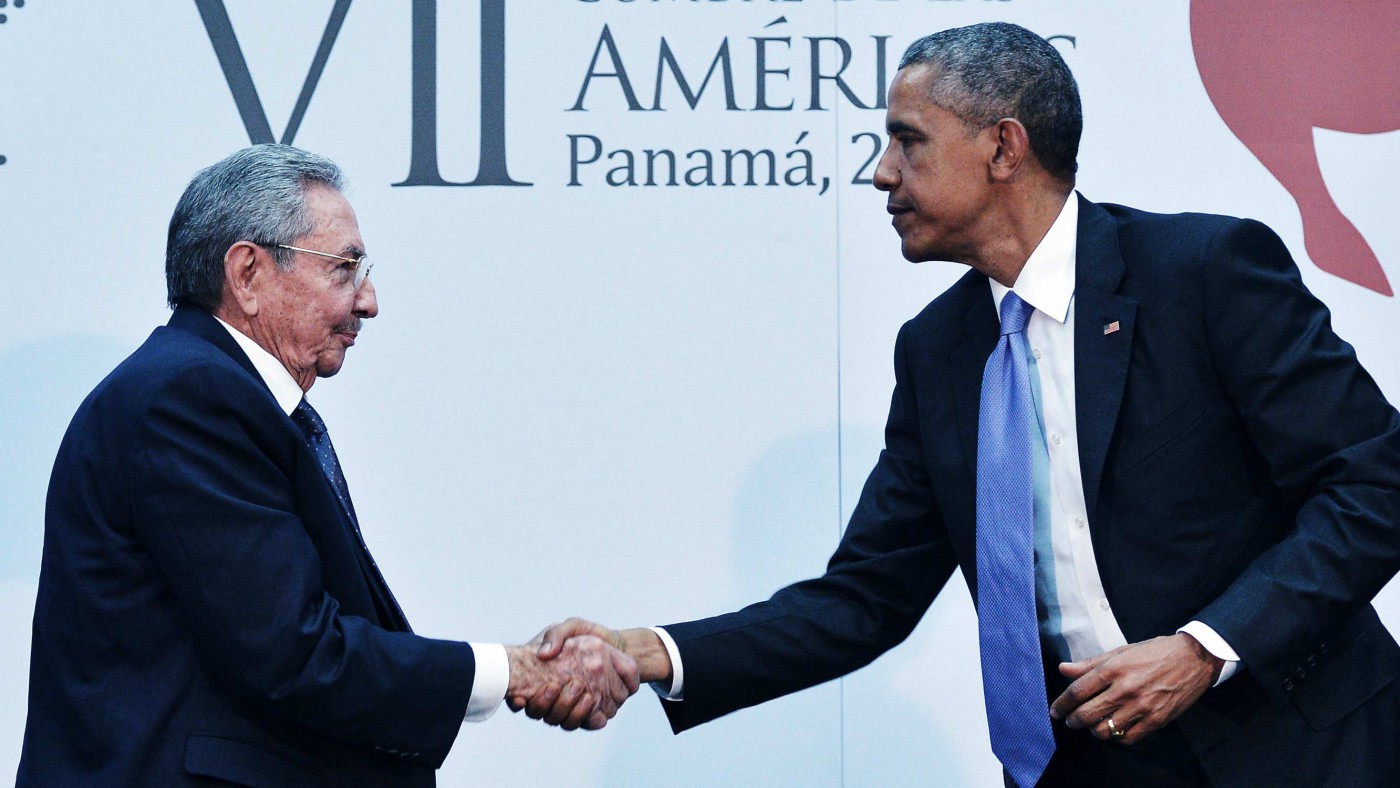It’s been exactly one year since Obama announced that he would try and restore ties between Cuba and the US. Five months later, the leaders of the two countries shook hands – something which had not occurred since 1961.
The two countries have faced problems in their relationship for many years. The hostility has its roots in the Cold War as the newly-formed Castro government increased trade with the Soviet Union, nationalised US-owned property, and significantly raised taxes on US imports. The US responded with strict economic sanctions, for example by slashing Cuba’s sugar export industry. Cuba’s undemocratic socialist regime and harsh approach to freedom and human rights have also isolated it from the rest of the world.
As a result, Cuba is a country known for its backwardness. A year ago, its GDP per capita was less than $6,000. It had few secure trading partners other than Venezuela, and a high level of poverty.
Since 17th December 2014, Obama has put his plan to reinstate ties between Cuba and the US into action. The historic handshake in April was followed by a deal that included the handing over of three of the still-jailed Cuban five in exchange for Ronaldo Sarraff Trujillo, a US intelligence asset who has been imprisoned in Havana for over twenty years. Diplomatic relations further improved this year with the reopening of each country’s reciprocal embassy on 20th of July.
Cuba has also been unplugged economically. In January, economic sanctions started to be chipped away. Banks can now facilitate transactions between the two countries, US companies have been allowed to invest in some smaller companies in Cuba, and US shipping materials have been authorised for use by to private Cuban companies.
Events this year such as the reopening of the embassies have shown that Cuba is willing to progress and become more involved in trading and diplomacy. Cuba hopes to do this by increasing their export volume now that a large chunk of sanctions have been lifted, including tobacco and refined fuels. As the country becomes more exposed to western trends, visitors to Cuba will see the benefits of progress for citizens of this backwards nation.
Cuba’s appearance at the 2015 summit of the Americas in Panama also suggests a newfound willingness to participate in foreign affairs and a possible ‘new era’ in participating in worldly issues.
One year on, Cuba continues its path to rejoining the free world.


